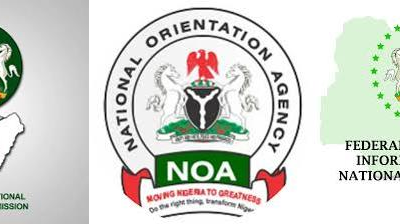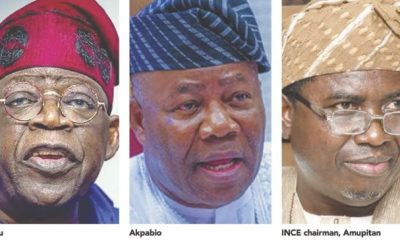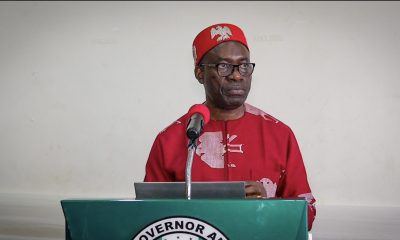The Nigerian Presidency has disclosed that an estimated N5.4 trillion saved from the 2024 fuel subsidy removal is being channeled into infrastructure and social intervention programs aimed at benefiting all government levels and improving Nigerians’ quality of life.
This was confirmed by the Special Adviser to the President on Information and Strategy, Mr. Bayo Onanuga, in a statement released on Sunday titled, Time for Atiku Abubakar to End His Grand Illusions and Fantasies.
According to Mr. Onanuga, the funds saved from the removal of fuel subsidies are being directed towards essential development projects that align with President Bola Tinubu’s strategy to reinvest revenue into the economy.
These investments are expected to span transportation, healthcare, education, and other infrastructure improvements, positively impacting urban and rural areas.
Mr. Onanuga’s statement also responded to recent criticisms from former Vice President Atiku Abubakar, urging him to acknowledge the administration’s proactive efforts in revenue generation and the strategic allocation of subsidy savings for national development.
READ ALSO: IMF clarifies stance on Nigeria’s fuel subsidy removal amid rising economic challenges
“It is expected of the former Vice President and Presidential Candidate of the People’s Democratic Party, Atiku Abubakar, to commend the Tinubu administration over revenue generation for the Federation,” he said.
A significant focus of President Tinubu’s administration has been on revamping Nigeria’s refining capacity to reduce reliance on fuel imports.
This includes support for modular refineries and the operational enhancement of the Dangote Refinery, which is projected to significantly boost domestic fuel production.
Onanuga highlighted the practical approach of contracting fully refurbished refineries to private managers for operational efficiency, a strategy preferred over selling national assets to entities lacking technical expertise.
“The model of farming the completely rehabilitated refineries to private sector managers at an agreed-upon rate of return to the government, as adopted by Tinubu’s government, is more practical and value-laden,” Onanuga noted, emphasizing the administration’s comprehensive focus on strengthening refinery operations alongside supporting the higher-capacity Dangote Refinery.
The removal of fuel subsidies has also led to gradual fuel price increases, presenting regulatory challenges in managing petrol distribution.
The federal government had projected that subsidies would require N5.4 trillion in 2024, a notable increase from the N3.6 trillion spent in the prior year. This rise underscores the significant funding that subsidies have previously demanded.
In response to market dynamics, the Nigerian National Petroleum Corporation (NNPC) Limited has incrementally raised petrol prices, attributing these changes to market forces.
The Dangote Refinery has been selling petrol at prices ranging from N970 to N990, aligning its pricing strategy with prevailing market conditions.
Mr. Onanuga concluded by encouraging constructive political engagement from critics and stakeholders, emphasizing the administration’s commitment to utilizing subsidy savings for long-term socio-economic benefits.

 Comments and Issues1 week ago
Comments and Issues1 week ago
 Comments and Issues1 week ago
Comments and Issues1 week ago
 Comments and Issues1 week ago
Comments and Issues1 week ago
 Health6 days ago
Health6 days ago
 Comments and Issues1 week ago
Comments and Issues1 week ago
 Football6 days ago
Football6 days ago
 Education1 week ago
Education1 week ago
 Aviation7 days ago
Aviation7 days ago

